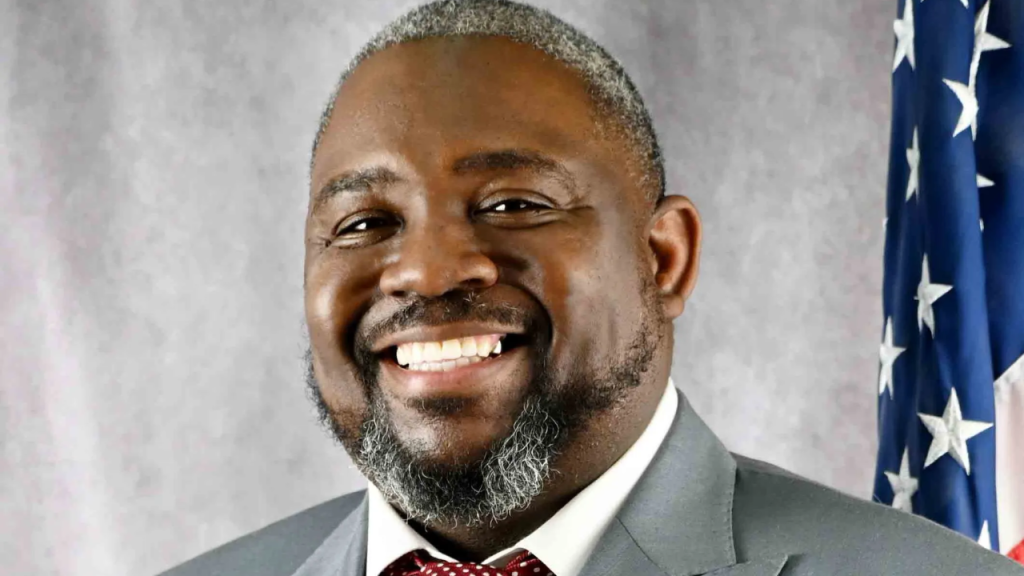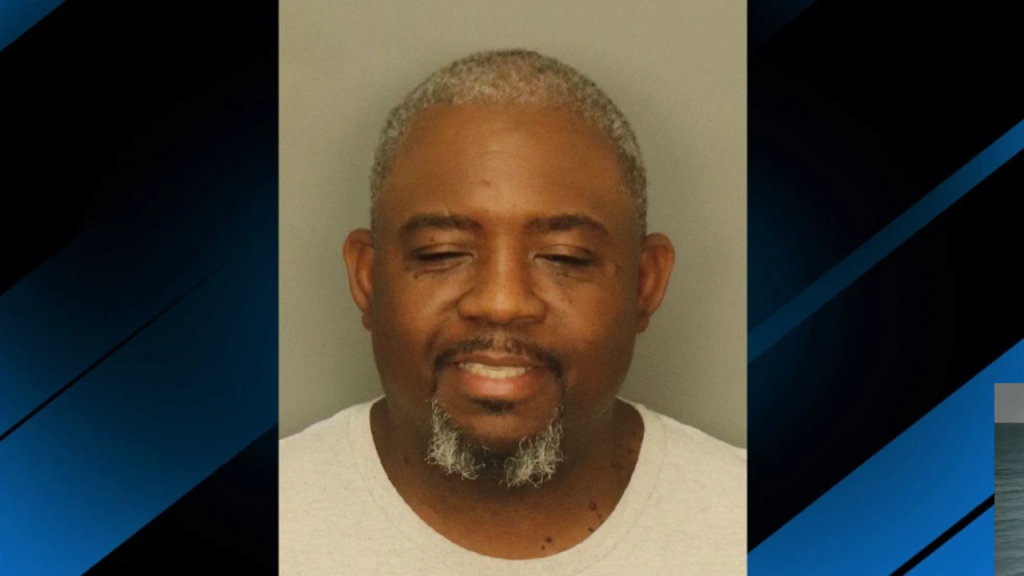
A local elected official is under fire after allegedly interfering with an active murder investigation. Brighton City Councilman Jerome Edward McMullin, 54, was arrested on June 2, 2025, and charged with two misdemeanors—obstructing governmental operations and tampering with physical evidence. The charges stem from McMullin’s alleged decision to record and distribute security footage showing the immediate aftermath of a double homicide at a local community center.
Double Homicide at Senior Center
The original incident took place on December 13, 2024, at the Brighton Senior Citizen Center during a repast event. Around 3:00 p.m., gunfire erupted, resulting in the deaths of two individuals. Law enforcement immediately secured the area and began an active investigation. Surveillance footage from the community center captured both the incident and the suspect fleeing the scene.
While the investigation was ongoing and the crime scene remained cordoned off, McMullin reportedly used his personal cellphone to record a portion of the surveillance footage. He then shared the video with several news outlets without clearance from law enforcement, a move that officials say jeopardized the integrity of the investigation and potentially tainted key evidence.
Official Charges Filed
McMullin is now facing two misdemeanor counts:
- Obstructing Governmental Operations, for interfering with police procedures
- Tampering with Physical Evidence, for sharing protected video content that had been secured by law enforcement
Authorities say the unauthorized release of sensitive footage during an active investigation can impair witness testimony, affect jury impartiality, and endanger victims’ privacy. Jefferson County officials emphasized that McMullin’s behavior may have caused significant disruption to the legal process.
According to court records, McMullin posted a $2,000 bond and was released from the Jefferson County Jail the same day.

Presence at the Scene and Public Scrutiny
Reports confirm McMullin was at the community center shortly before the shooting occurred. Although he is not accused of involvement in the violence itself, his proximity to the incident and subsequent behavior have raised ethical and legal concerns.
Residents of Brighton are divided in their response. Some accuse the councilman of abusing his position and failing to respect investigative protocols. Others defend his actions, arguing he may have been motivated by a desire to highlight the tragedy and promote transparency.
“I’m not surprised people are upset,” said a local resident who wished to remain anonymous. “But as a leader, McMullin should have known better than to tamper with evidence, no matter his intentions.”
Calls for McMullin’s resignation have begun circulating, though no official statement has been made by the Brighton City Council regarding his future on the board.
Legal and Ethical Considerations
Under Alabama law, tampering with evidence is a prosecutable offense—even if the evidence isn’t physically destroyed. The law covers any unauthorized alteration, concealment, or dissemination of material related to an ongoing investigation. Sharing surveillance footage during a homicide investigation may interfere with potential leads or contradict police reports, especially if key details are prematurely made public.
Obstructing government operations is similarly serious, particularly when committed by a public official. According to the Alabama Law Enforcement Agency, citizens, especially those in leadership positions, are expected to comply fully with active investigations and preserve the integrity of crime scene evidence.
McMullin’s actions, officials argue, not only defied this expectation but may have created unnecessary obstacles in identifying and prosecuting the shooter.
For more information about the state’s evidence handling policies, visit the Alabama Department of Forensic Sciences.
Video Footage Details
The footage reportedly depicted the shooting’s aftermath, including graphic visuals of the victims and the suspect exiting the center. The decision to release such images during an open investigation has not only sparked outrage but also brought into question how much oversight elected officials have when accessing or releasing government-held video surveillance.
Legal analysts point out that while public records laws may eventually make such footage accessible, law enforcement agencies are permitted to restrict its release while an investigation is still in progress.
“The protection of case integrity always outweighs the public’s immediate right to know, especially when releasing information could affect prosecution,” one Birmingham-based attorney noted.
Impact on Investigation
Law enforcement officials have yet to disclose whether McMullin’s actions delayed or damaged the investigation into the homicides. No new suspects have been publicly named, and the motive behind the attack remains under investigation.
Investigators are currently reviewing the timeline of the video’s release and its potential influence on witness statements and suspect identification.
A spokesperson for the Jefferson County Sheriff’s Office stated, “Any premature dissemination of evidence risks compromising the progress we’ve made and the justice we aim to deliver for the victims.”
Next Steps in Court
McMullin is expected to appear before a judge later this month. Legal experts suggest that while misdemeanors carry lesser penalties, the broader implications of the case—both legally and politically—could be substantial. If convicted, McMullin could face up to one year in jail and fines. Additionally, his conduct could result in removal from office or censure from his peers in government.
The incident continues to make headlines across Alabama and has become a cautionary tale on the boundaries of civic duty and personal discretion.
